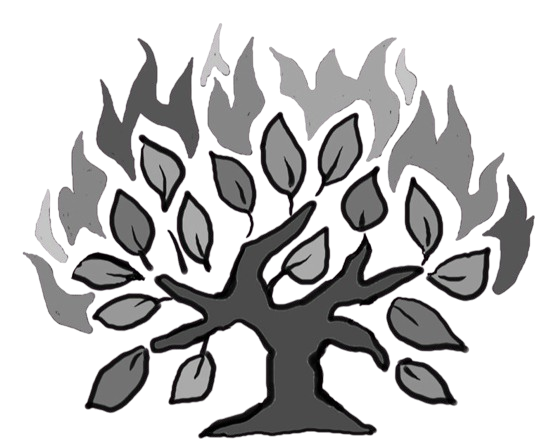There is a big debate among economists about a curious phenomenon unfolding right now called “The Great Resignation”. We have an immense labor shortage because people are not returning to work as the experts expected (common after a recession). There are jobs, and there are people that can do them, but many workers are choosing not to return. Why? Among other factors, after having experienced life without the daily grind of a horrible, low-paying, alienating job during the pandemic, many workers have raised their expectations. You can also see this discontent in the wave of strikes at John Deere, Kellogg, Nabisco, and dozens of other places. In addition, there is a dramatic increase in people quitting their jobs. These choices have been supported by increased unemployment benefits, stimulus checks, and increases in home values that have benefited many low-wage and middle-class workers.
The experiences of these workers resonate with the spiritual and psychological process that so many at the Center for the Working Poor have going through: after liminality, after disaster, there often comes a time of depression, and a reevaluation–of our jobs, our relationships, our community, and our world. It is a post-disaster depression, and disorientation, even when things do seem to be improving in many ways. The stories in this year’s newsletter all share this theme. From our Center Update, “Ring the Bell of Hope… Again, and Again,” which shares several connected stories about this kind of depression, to our House Journal, which documents the many changes in our community over the last year. One silver lining is that this pain of feeling disconnected has led the Center to build an incredible new program for mutual aid counseling, called Community Counseling. We hope that this program can grow over time to help thousands reconnect. You can read about it here.

